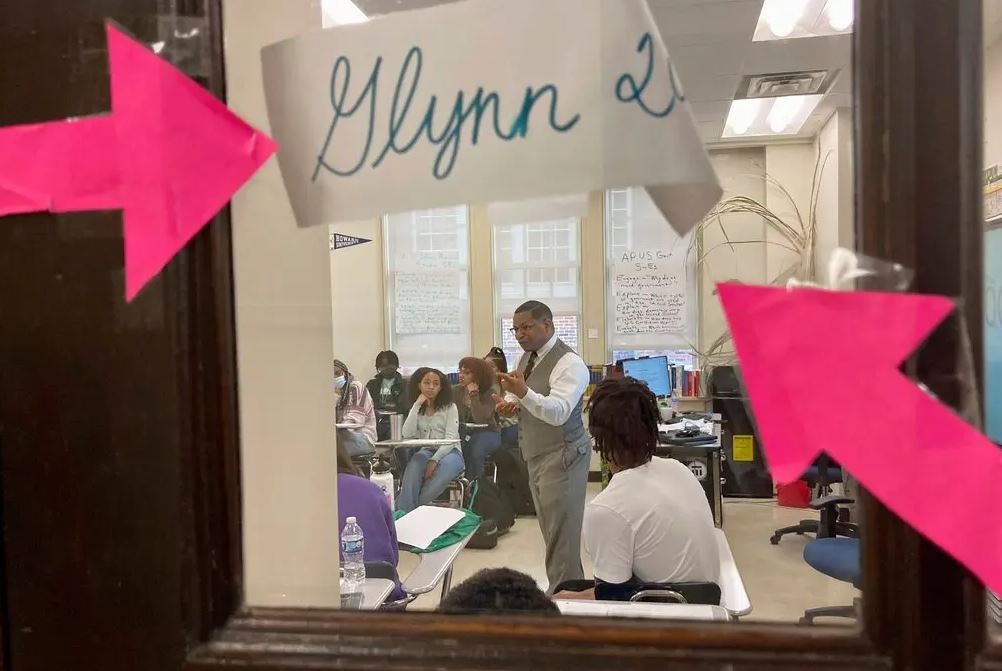Less than three months after releasing the curriculum, Florida Governor Ron DeSantis said he would not approve the curriculum for use in his state, and the College Board announced on Monday that it would revise the AP African American studies course in response to the criticism it had received.
While it was couched in vague language, the College Board’s statement seemed to imply that certain topics were toned down so that the course could be offered to students in conservative regions.
The board, which did not immediately reply to a request for an interview, said online that the adjustments will be determined “over the next few months” by a course development committee and specialists within the Advanced Placement team.
The College Board, a multibillion-dollar organisation that oversees the SAT and Advanced Placement programmes, found itself in the middle of a fight between two camps that were not going to give an inch. Scholars in the field of African American studies at the university level argue that the notions of reparations, Black Lives Matter, and intersectionality, which the board downplayed, are essential to the field. Some conservatives (including some politicians, activists, and parents) are worried that schools are focusing too much on racism and other forms of structural oppression because they see the sector as an example of liberal dogma.
Prominent academics in the field of Black studies have signed petitions asking the College Board to alter the curriculum, and on May 3 they will have a statewide protest day centred on the theme of “freedom to teach and learn.” There will also be representatives from civil rights organisations and school employees’ unions.
The College Board, which uses state involvement to run its courses and exams, has previously denied that political considerations were behind its curriculum changes. However, the board continually examined the course material with Florida authorities throughout the course of last year, and certain concepts were ultimately dropped or downplayed because of their objections.
Mr. DeSantis declared in January that the state of Florida would not let the high school course to be provided because it was not “historically accurate” and violated state law.
While some professionals are optimistic, others are cautious. The protest on May 3 has been spearheaded by Cheryl Harris, a critical race theory pioneer and a law professor at the University of California, Los Angeles. She expressed optimism in an interview published on Monday that the College Board had realised it was impossible to placate a political movement that she described as trying to “censor and suppress” thoughts.
In a study published last year, the education news outlet Chalkbeat revealed that 36 states have taken steps to limit racial diversity in the classroom.
Professor Harris stated that in order to restore confidence within the field and “bring some degree of transparency” to the development process, academics whose ideas were cut from the Advanced Placement course should be consulted throughout the revision process.
She cited a number of people, including Kimberlé Crenshaw, the woman credited with coining the term “intersectionality” to describe the interconnected ways in which people’s identities (including race, socioeconomic status, sexual orientation, and gender) impact their lived experiences.
The Smithsonian’s National Museum of African American History and Culture hosted a glitzy event for the College Board in February to introduce the course and express their high expectations for it. The board recently released a statement indicating considerable interest in the African American studies programme throughout the nation, with estimates indicating that 800 schools and 16,000 students would participate in the pilot course next school year.
The curriculum was criticised by Brown professor of Africana and American studies Matthew Guterl for “lacking the intellectual heft and moral urgency” that students need. Following the announcement of yet another curriculum overhaul by the College Board, he said, “They may now realise that they can’t be supplicants to Ron DeSantis any longer.”

